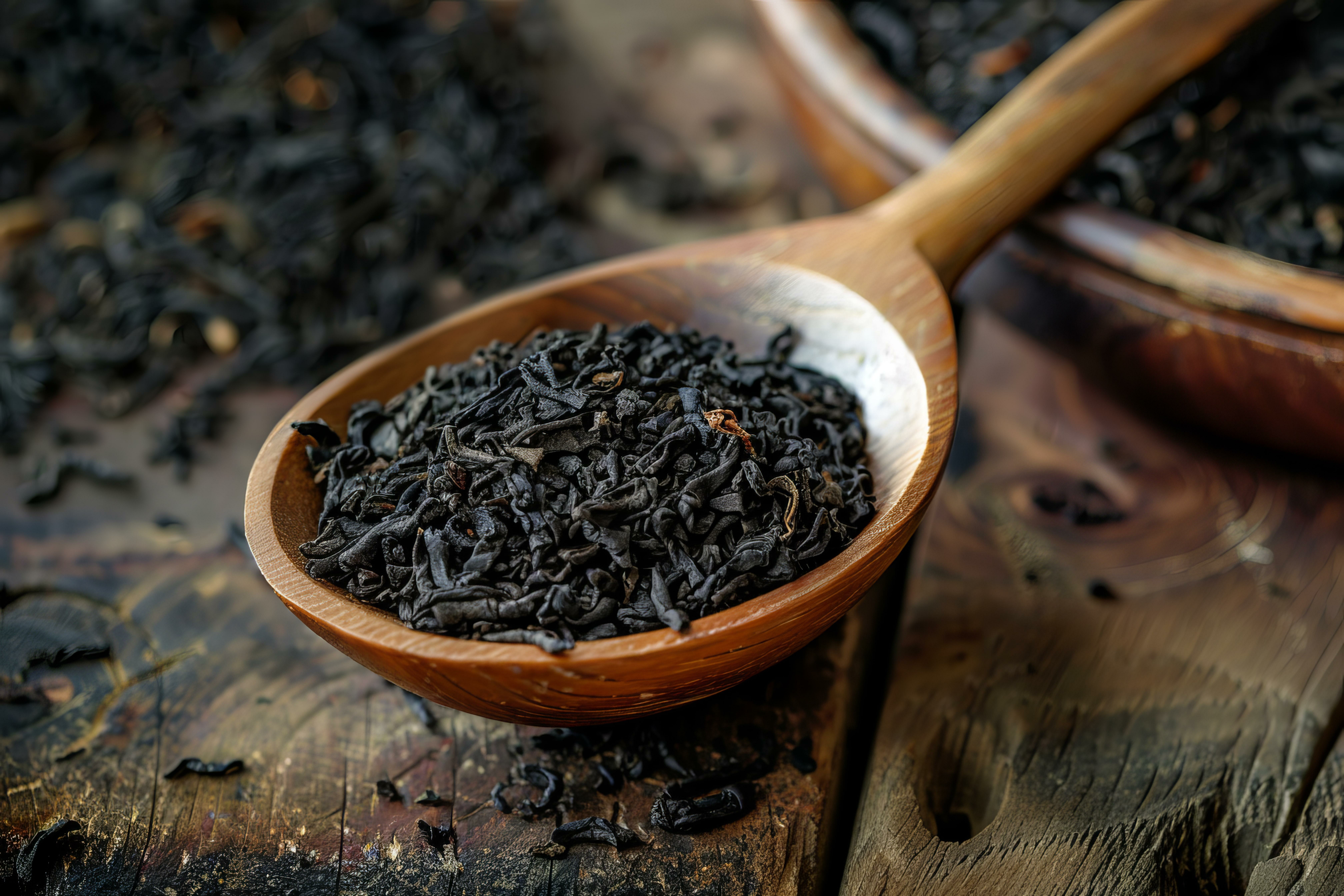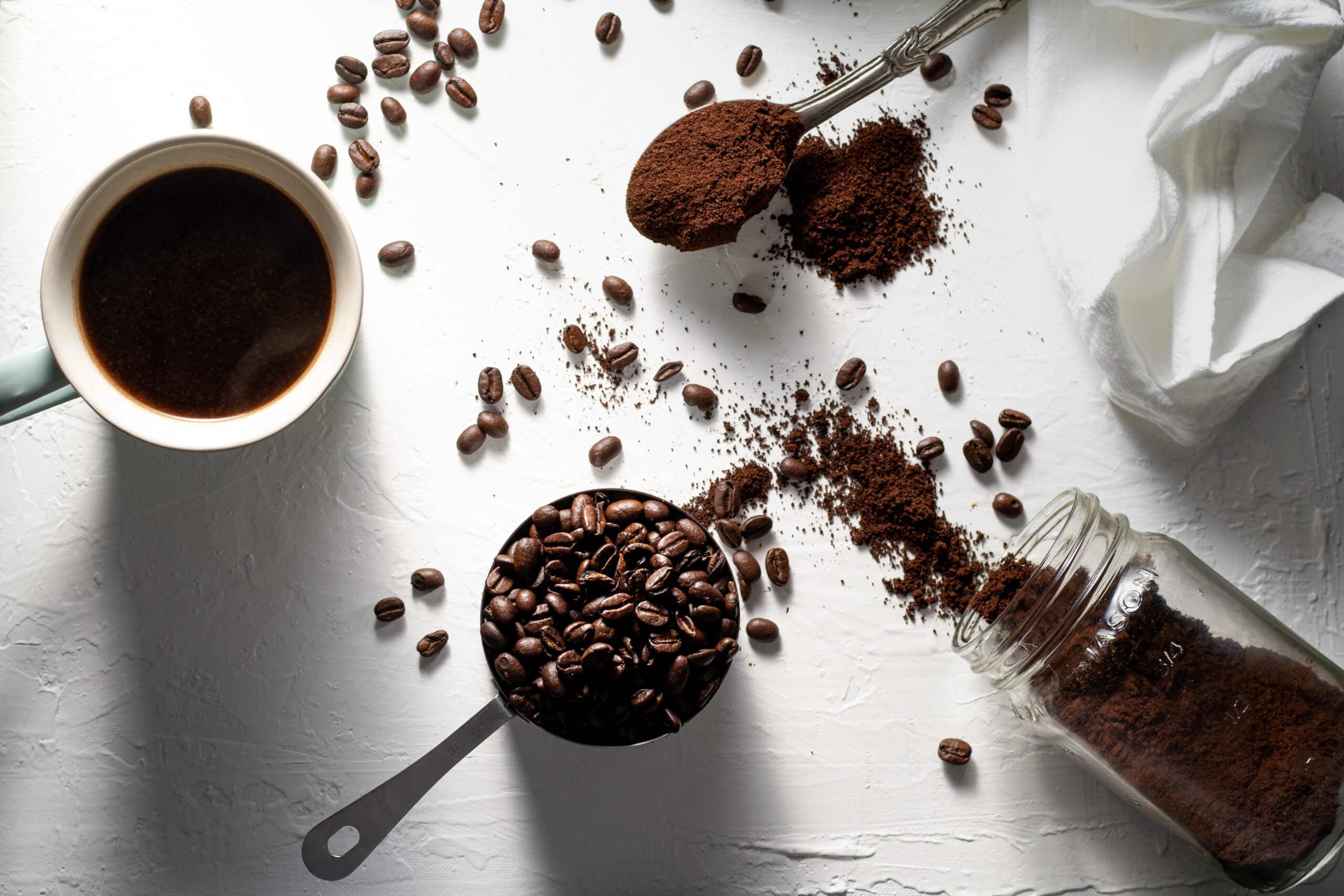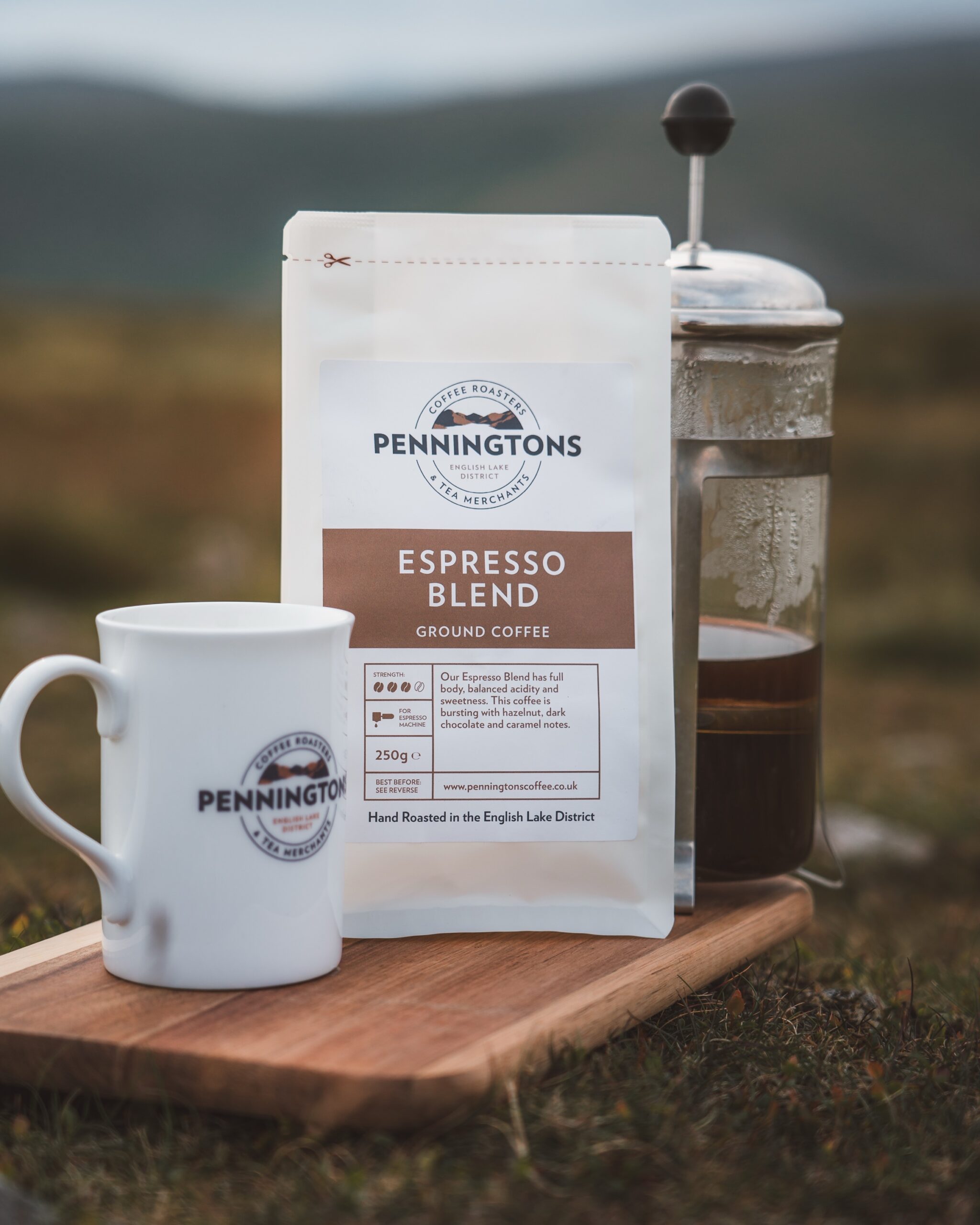
Is Tea a Diuretic? The Truth Behind Your Brew
Wondering if tea is a diuretic? Learn how different types of tea affect hydration, urination, and caffeine levels. Penningtons Tea

Coffee is more than just a beverage. Coffee is a moment of relaxation and way of bringing people together. Whether you like to start your day with an aromatic cup of coffee or enjoy a cosy afternoon coffee date catching up with friends, drinking coffee is a ritual that many of us take part in every day.
Decaf coffee, or decaffeinated coffee, is an excellent alternative if you’re wanting to limit your daily intake of caffeine due to personal preference, sensitivity to caffeine or pregnancy. While decaf coffee is not completely caffeine free, it contains significantly less caffeine than regular coffee.
Contrary to popular belief, decaf coffee can still offer rich and delicious flavours that avid coffee-drinkers love. You can find a wide variety of decaf coffee options including delectable light, medium and dark roasts to satisfy your coffee cravings.
Swiss Water decaffeination allows for the extraction of caffeine whilst preserving the natural flavours and characteristics of the coffee beans, so you can be sure to content with every sip.
But what is Swiss Water decaffeination and what are its’ benefits? Read on to find out more about the best method for producing delicious caffeine free coffee.
Sometimes referred to as the SWP method, Dihydro-oxide process or Activated Charcoal Decaffeination, Swiss Water Decaffeination is the innovative process of using pure water to gently remove 99.9% of caffeine from coffee beans. The process is an environmentally friendly and chemical free way of effectively removing caffeine from coffee beans without compromising the flavour.
Unlike other methods, Swiss Water decaffeination doesn’t use chemicals like methylene chloride and ethyl acetate. This chemical free process operates in small batches, removing the caffeine by soaking coffee beans in a water solution. The water solution absorbs the caffeine from the beans and then is repeatedly carbon filtered until you are left with 99.9% caffeine free coffee beans.
The Swiss Water decaf process carries its’ name because it was created in Schaffhausen, Switzerland in the 1930s as a way to remove caffeine from coffee without using chemicals. For a while it was the only decaffeination process that produced caffeine free coffee without using harmful chemicals.
Swiss Water decaf coffee and Swiss Water processing later became commercialised by the Swiss Water decaffeinated coffee company in Canada in the 1980s. However, the process was very inefficient, often resulting in inconsistent batches and coffee that was extremely difficult to roast.
In 2007, the Swiss Water decaf process was redeveloped into what we know today. Swiss Water decaf coffee is now consistently produced to an exceptionally high standard, meaning that it tastes almost exactly the same as its’ caffeinated counterpart, but is 99.9% caffeine free.
The Swiss Water Process uses three main elements to remove caffeine from coffee beans – water, green coffee extract (GCE) and carbon in the form of activated charcoal.
To begin, the unroasted green coffee is polished in a spinning drum to remove the surface layer and any other unwanted matter.
The coffee beans are then soaked in water and immersed in GCE. The GCE contains no caffeine so some of the caffeine from the beans is extracted through osmosis.
This process of GCE flowing through the green coffee is repeated for roughly 10 hours until it has had 99.9% of its caffeine removed.
It is then transported to a dryer, where all the extra moisture is removed, and the green coffee returns to its original moisture level of between 9%-13%.
Finally, the coffee beans are ready to be bagged and shipped to the coffee merchant where they will be roasted and blended to create unique profiles, giving you the best decaf coffee.
It should go without saying that decaf coffee contains less caffeine than regular coffee. The benefits of decaf coffee therefore include avoiding the adverse side effects of caffeinated coffee such as jitteriness and increased heart rate. Decaf coffee is also known to contain antioxidants that help the body fight disease, prevent illness and stay healthy.
The Swiss Water decaffeination process is also known to have several benefits that make it stand out from other decaffeination methods. As well as being environmentally friendly and 100% chemical free, Swiss Water decaf coffee also retains many of the flavours, tastes and characteristics of regular coffee, but is 99.9% caffeine free.
At Pennington’s, Swiss Water is our preferred decaffeination method for our delicious, decaffeinated coffee blends. We buy in green coffee beans which have already been through the Swiss Water decaffeination process. Our Swiss Water Decaffeinated Ground Coffee is roasted to a continental level, providing a rich, soft body with a smooth aftertaste and is 99.9% caffeine free. A speciality blend from South America, Penningtons’ Half Caff is a superb choice for coffee lovers who want to reduce their caffeine intake or do not want a full caffeine kick without sacrificing flavour.
Discover our delicious coffee blends including our Swiss Water decaffeinated ground coffee.

Wondering if tea is a diuretic? Learn how different types of tea affect hydration, urination, and caffeine levels. Penningtons Tea

Wondering if coffee breaks your fast? Learn how many calories are in coffee, which types are fasting-friendly, and how to